
Nostalgic Buzz
RANKED: The 25 Greatest Elvis Presley Songs
Posted: April 17, 2024 | Last updated: April 17, 2024
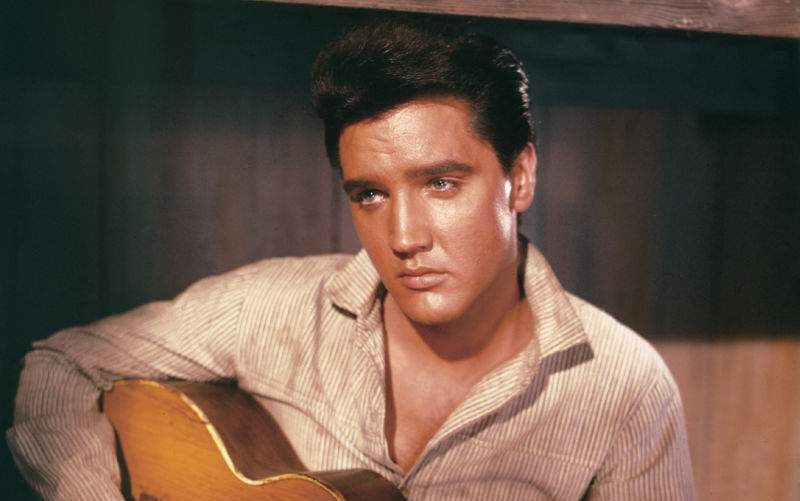
25. Blue Suede Shoes (1956)
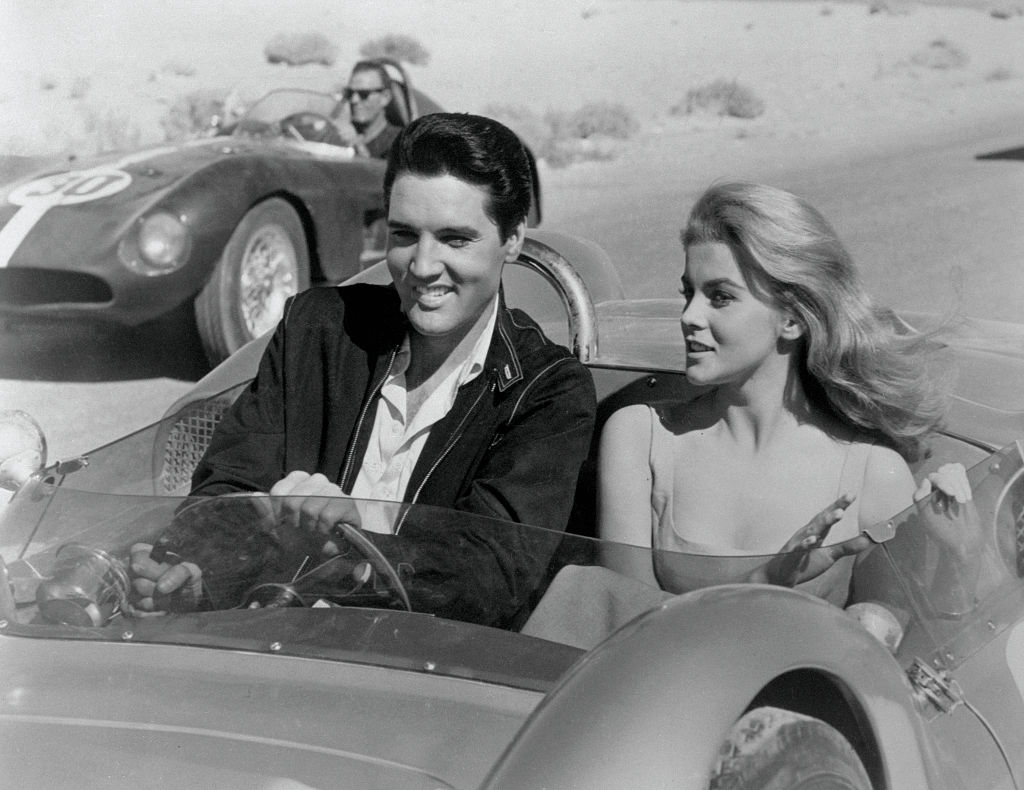
24. Viva Las Vegas (1964)
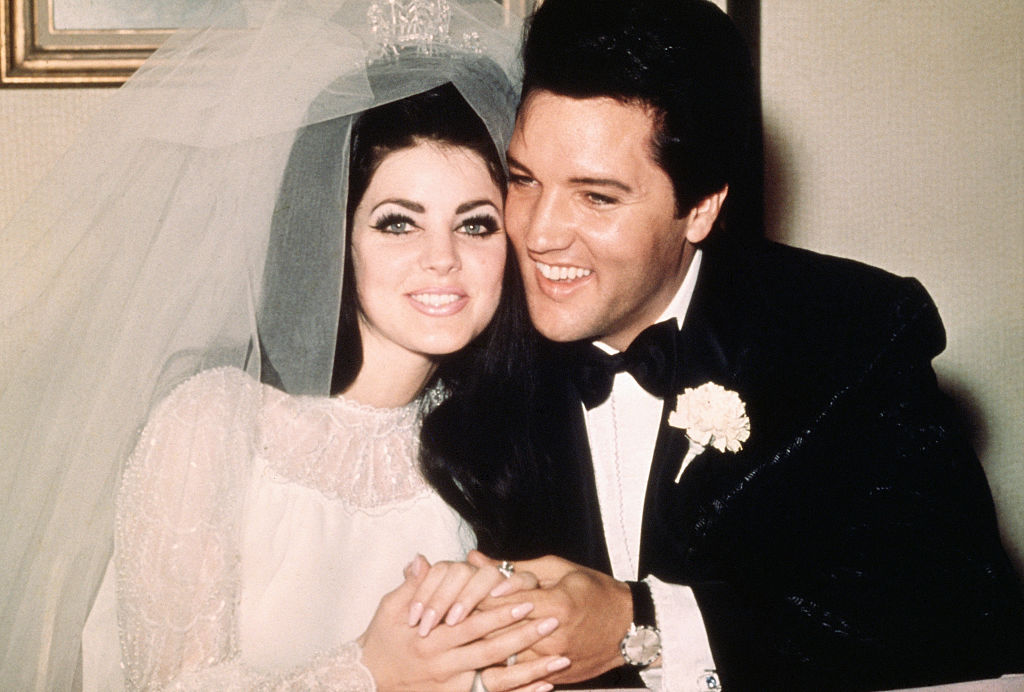
23. Always on My Mind (1972)
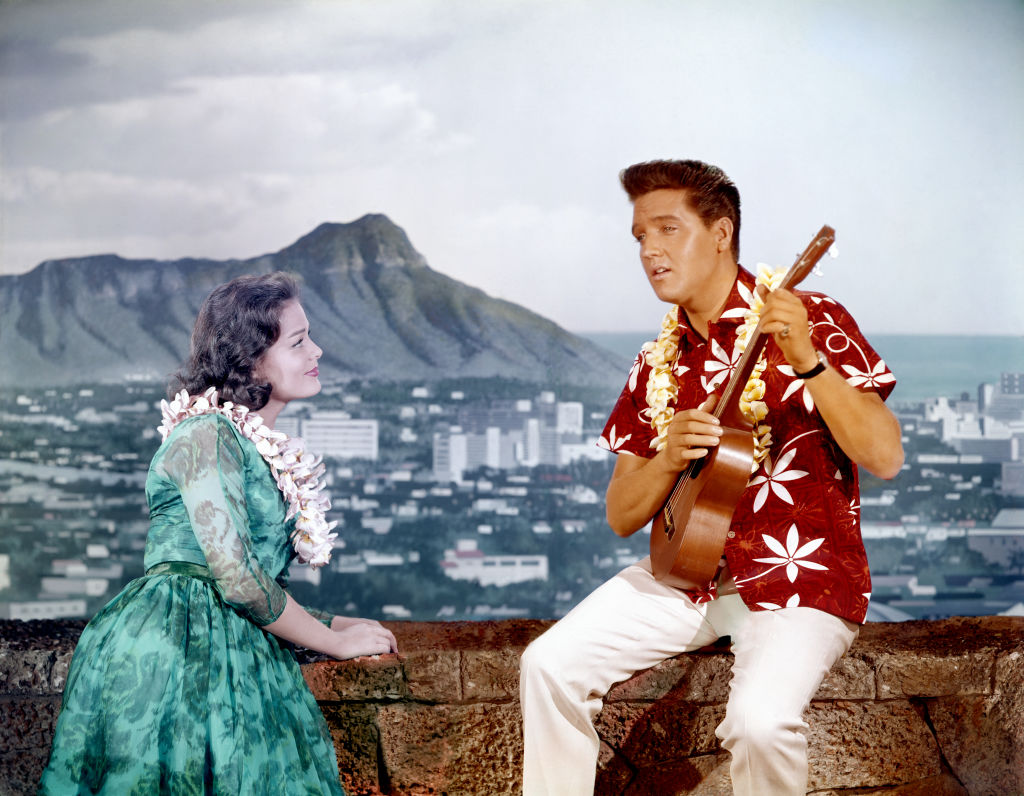
22. Are You Lonesome Tonight? (1960)
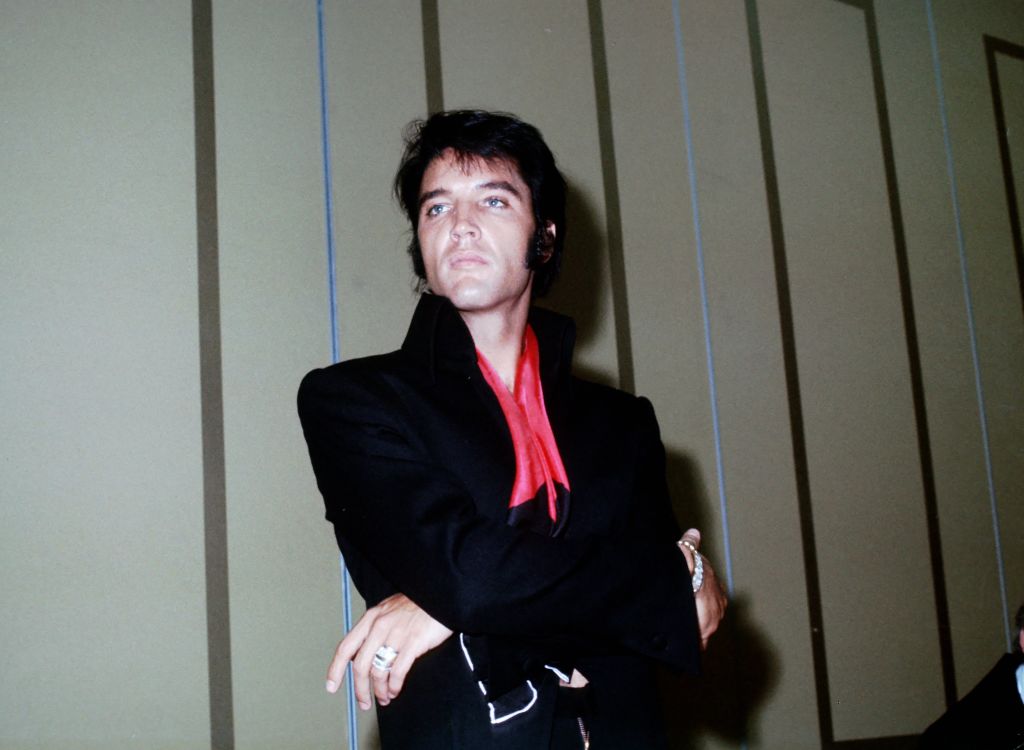
21. Memories (1969)
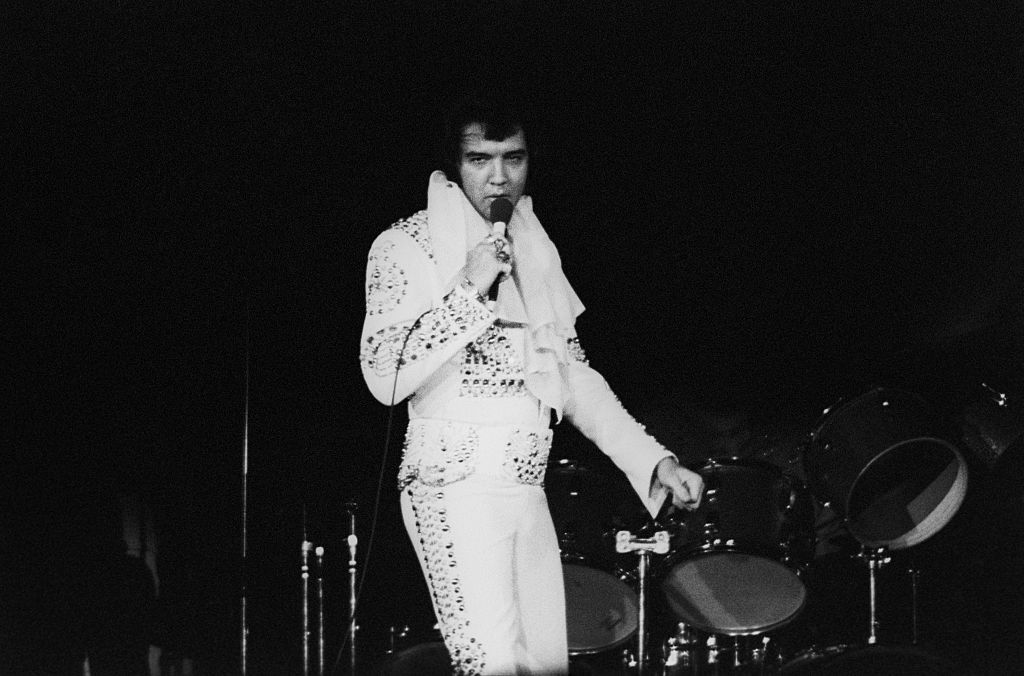
20. In the Ghetto (1969)
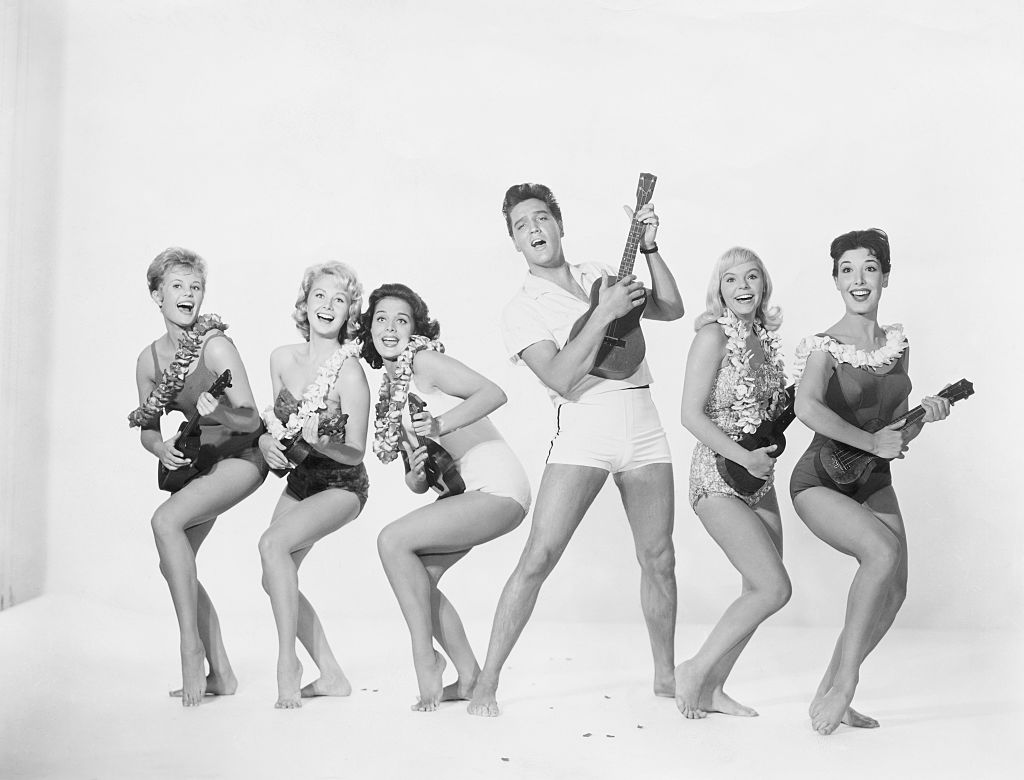
19. Return to Sender (1962)
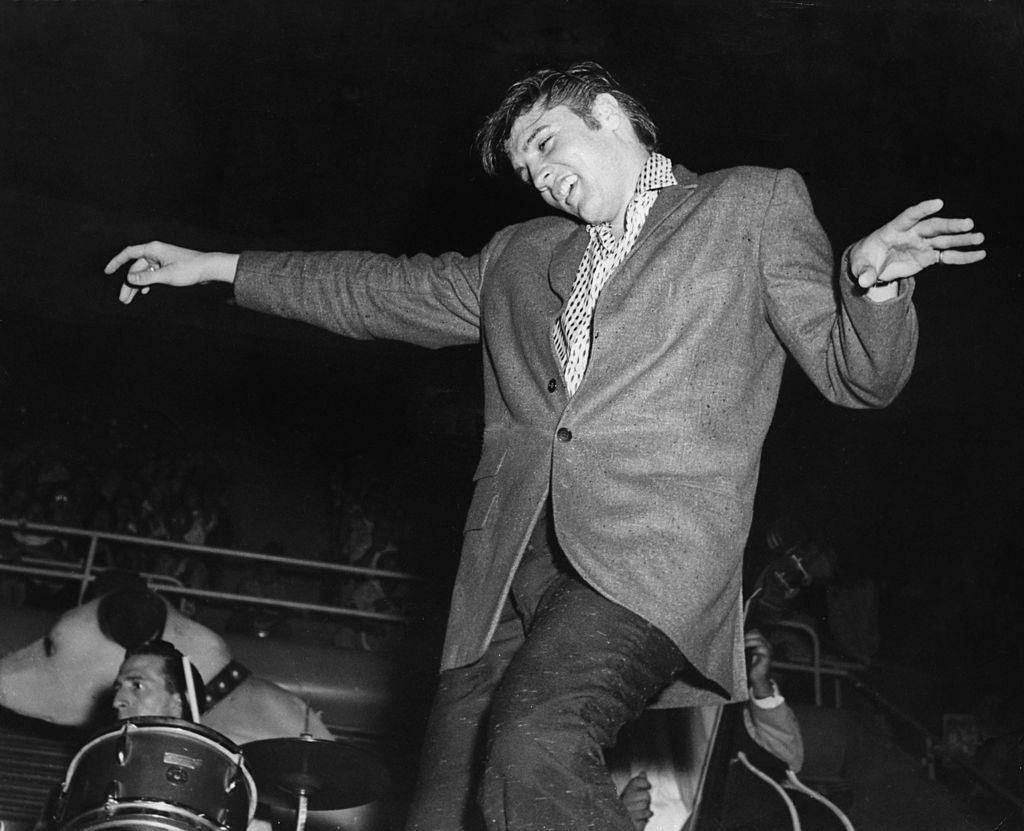
18. Crying in the Chapel (1965)
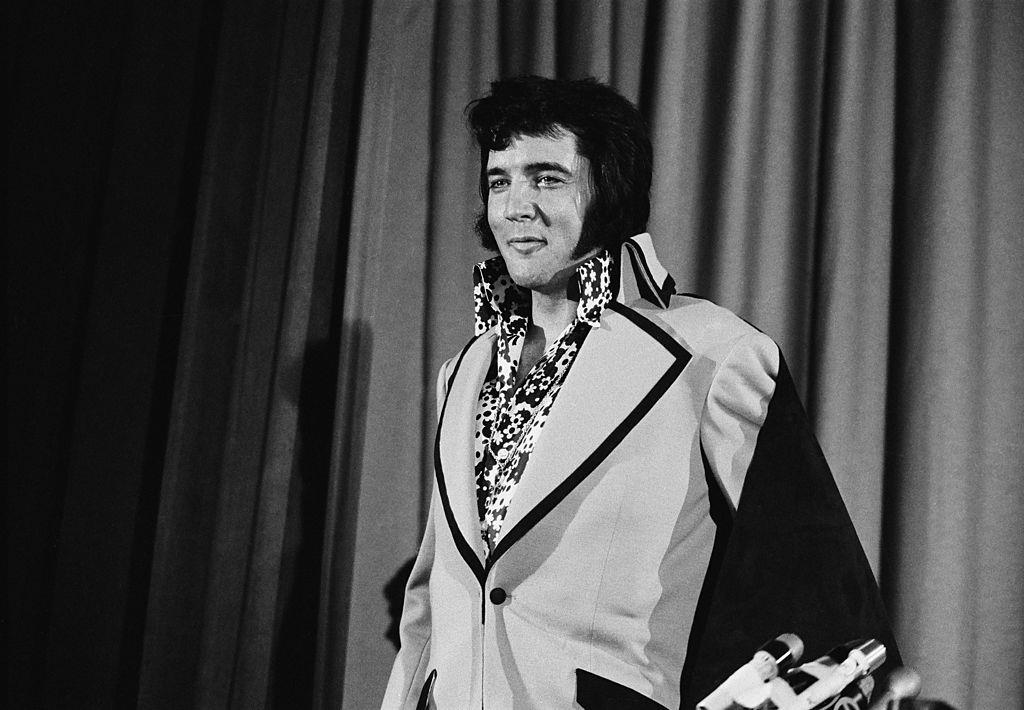
17. An American Trilogy (1972)
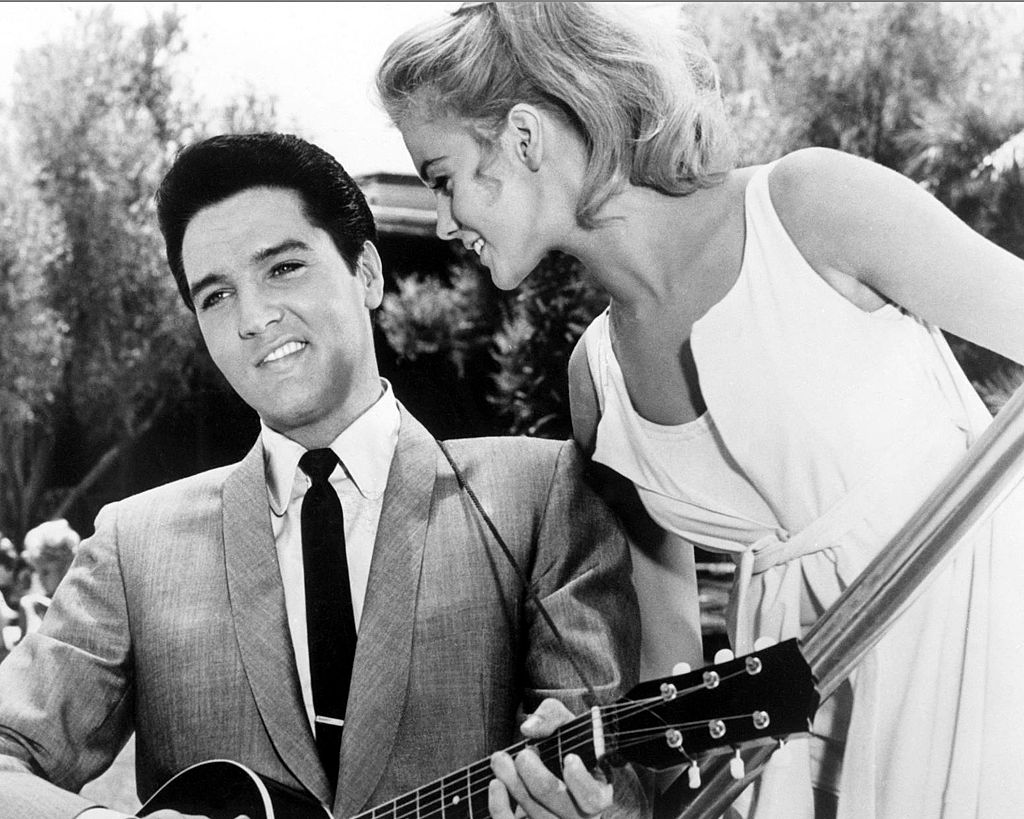
16. Blue Christmas (1964)
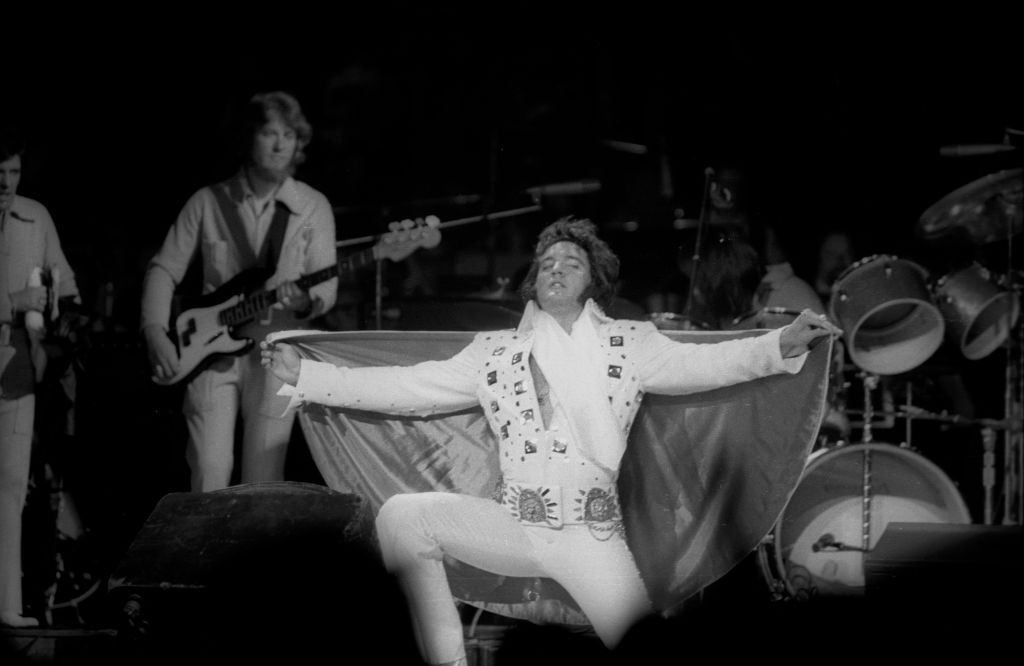
15. Burning Love (1972)
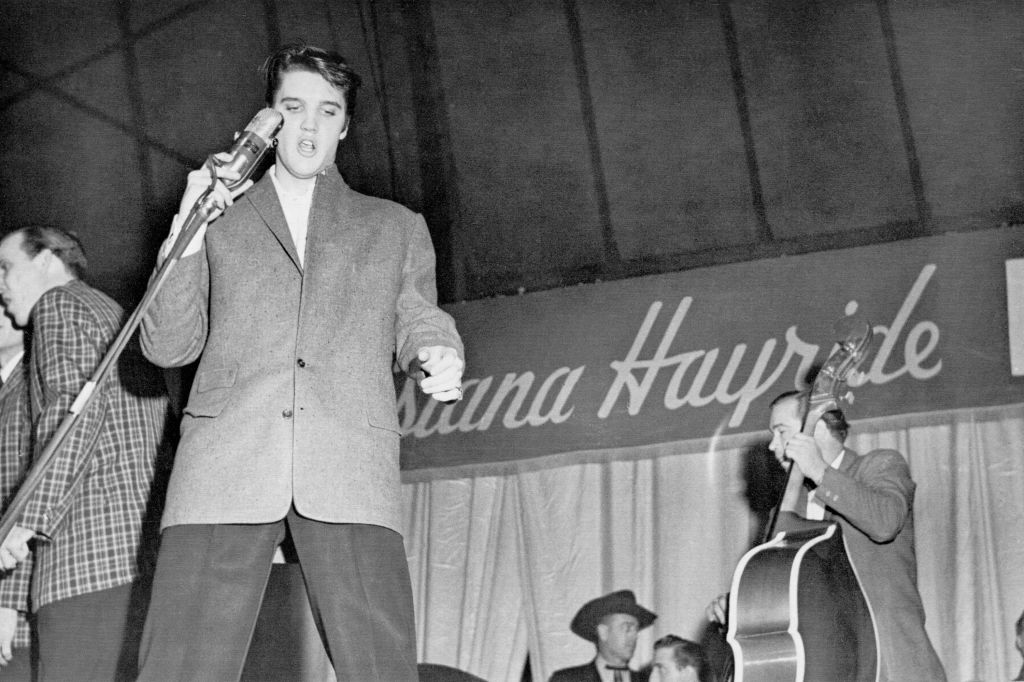
14. That’s All Right (1954)
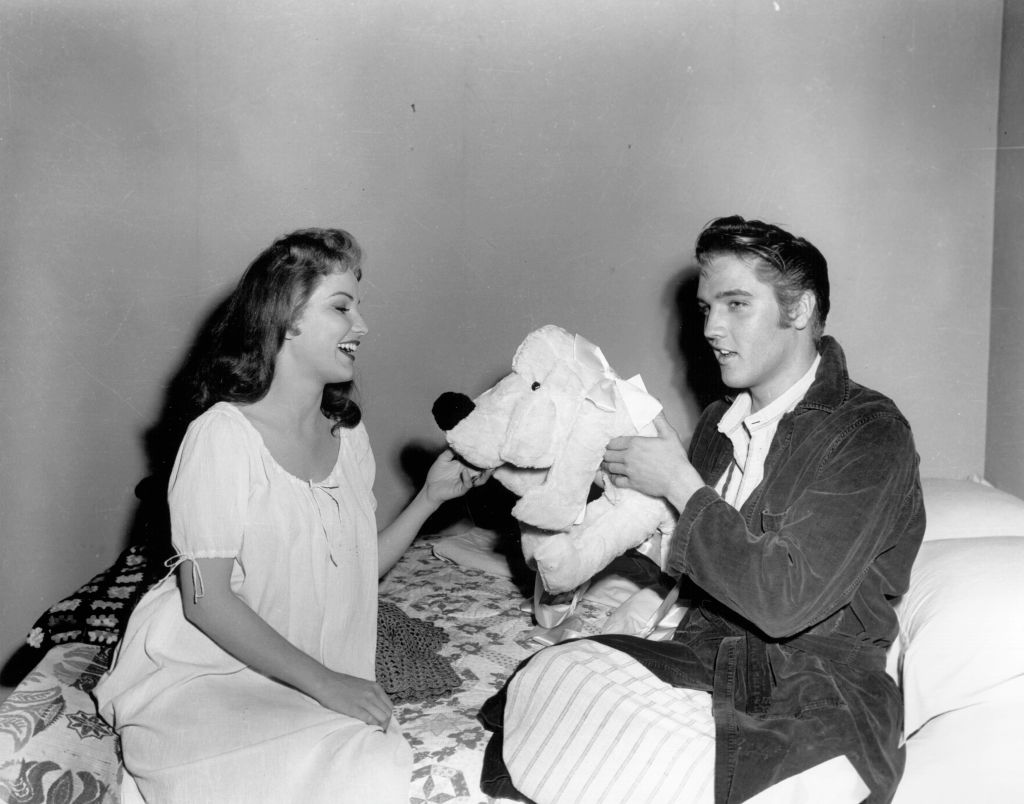
13. Little Sister (1961)
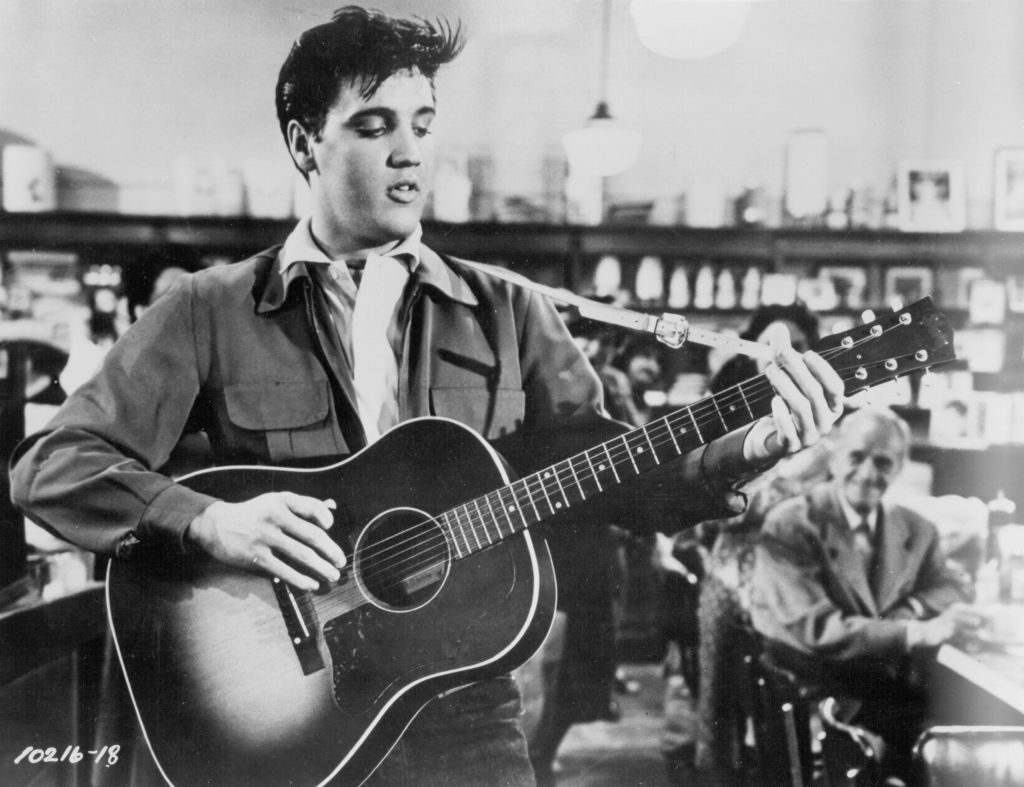
12. (Let Me Be) Your Teddy Bear (1957)
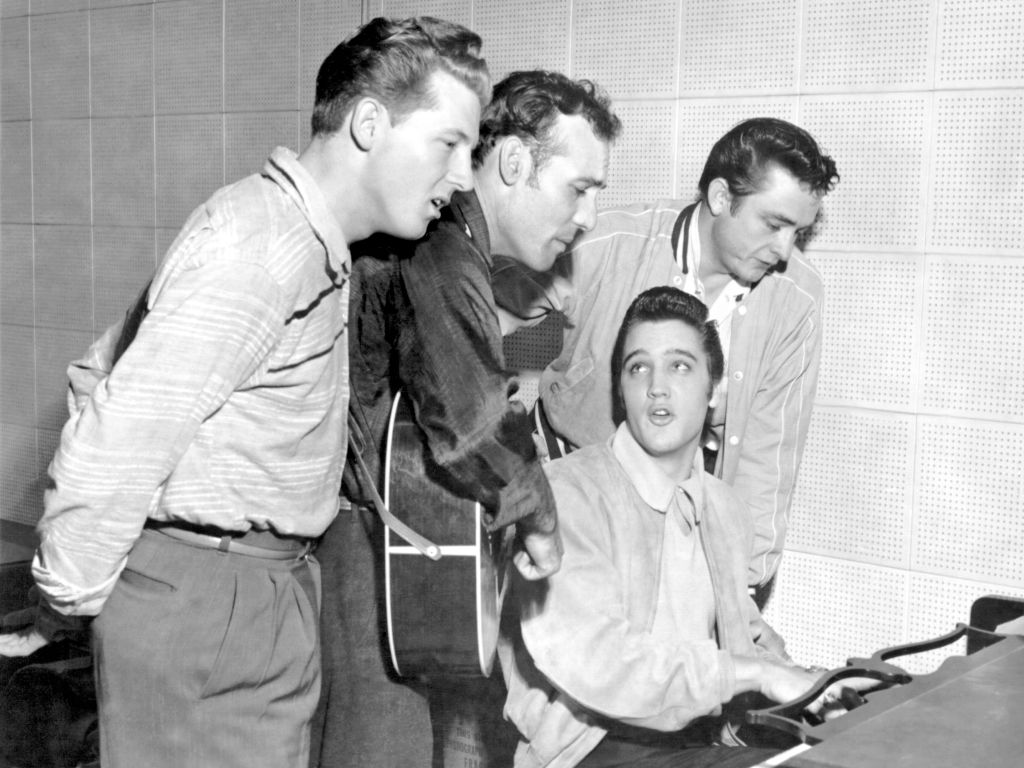
11. Don’t Be Cruel (1956)
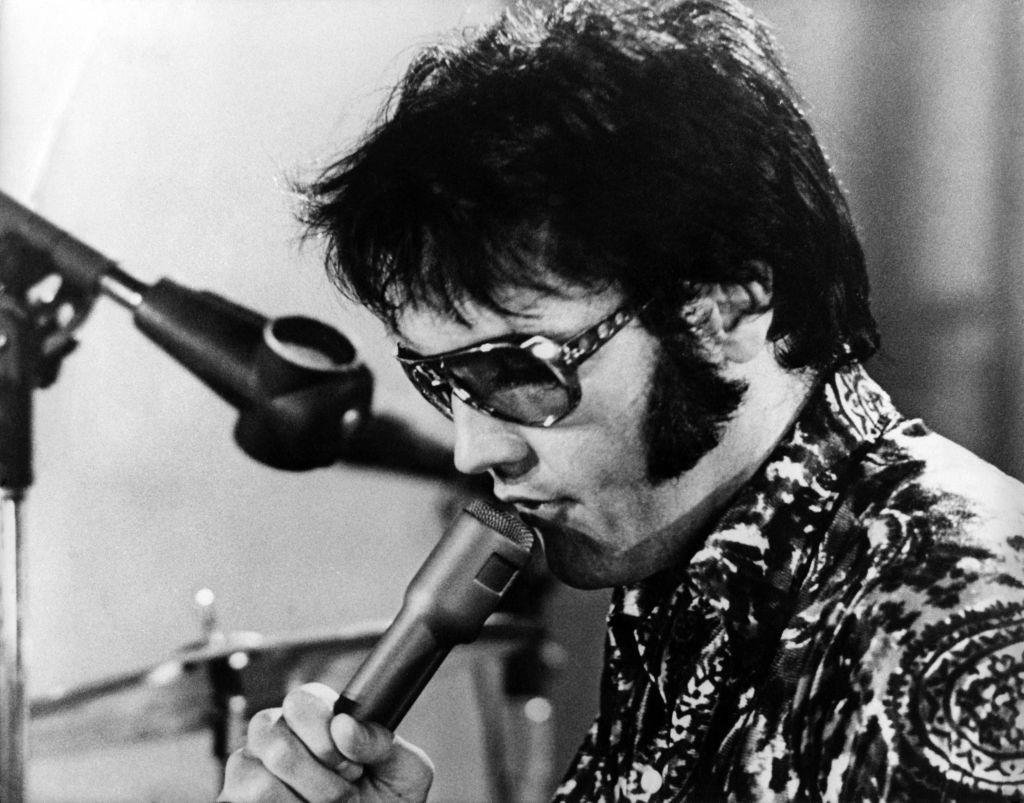
10. Kentucky Rain (1970)
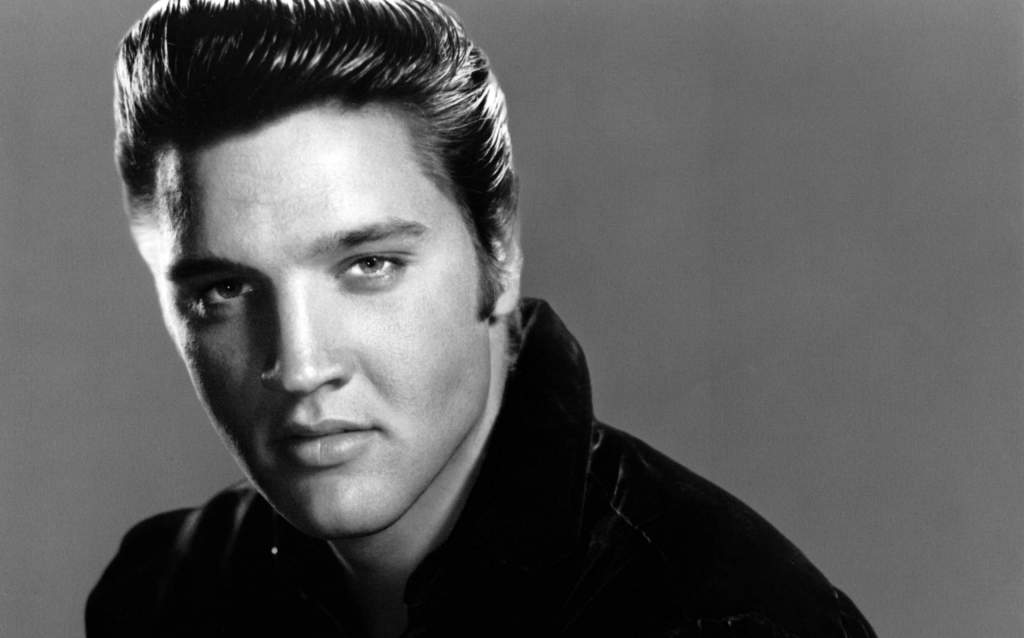
9. All Shook Up (1957)
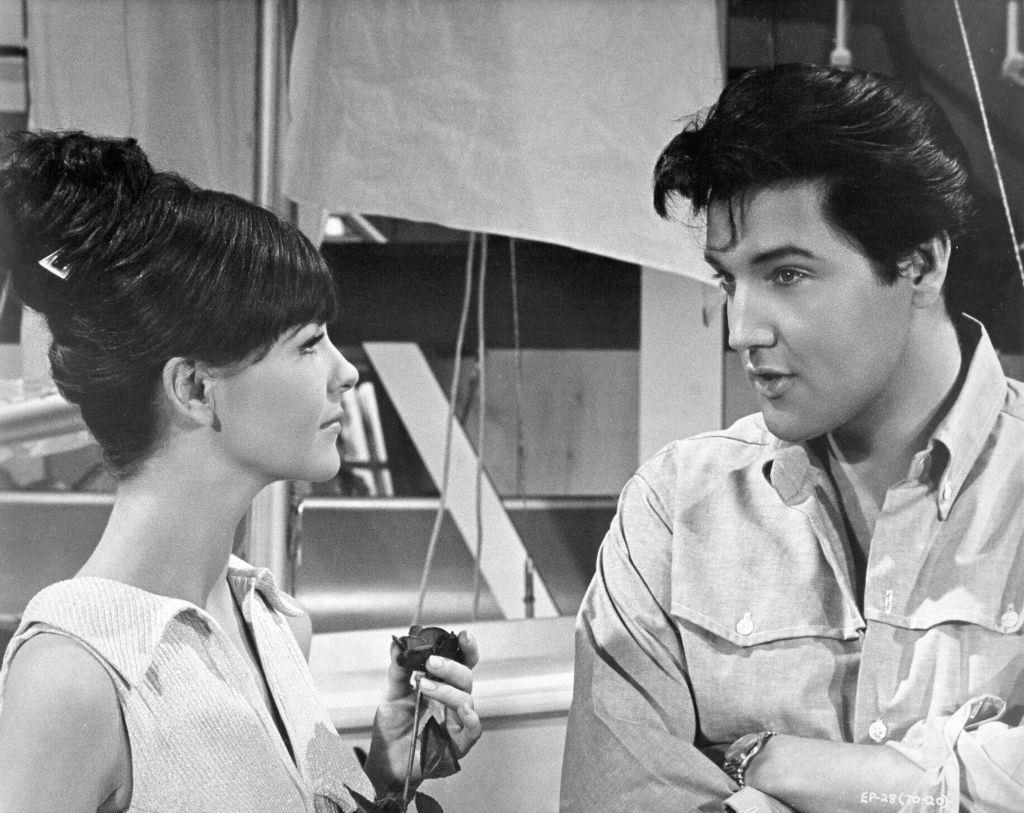
8. How Great Thou Art (1967)
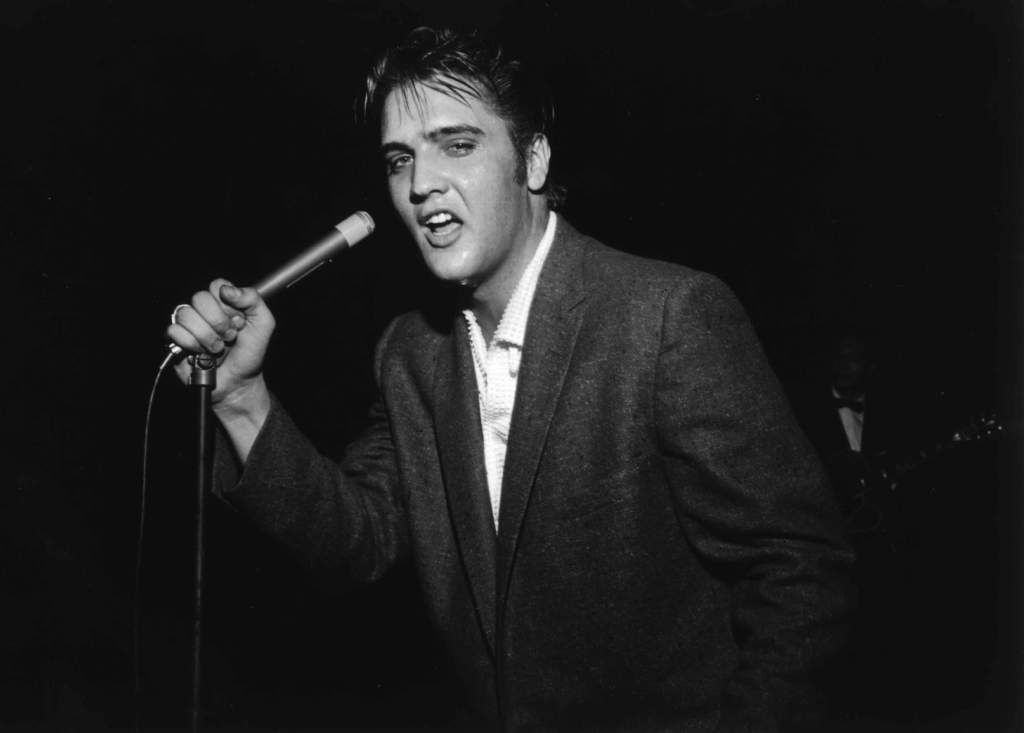
7. Heartbreak Hotel (1956)
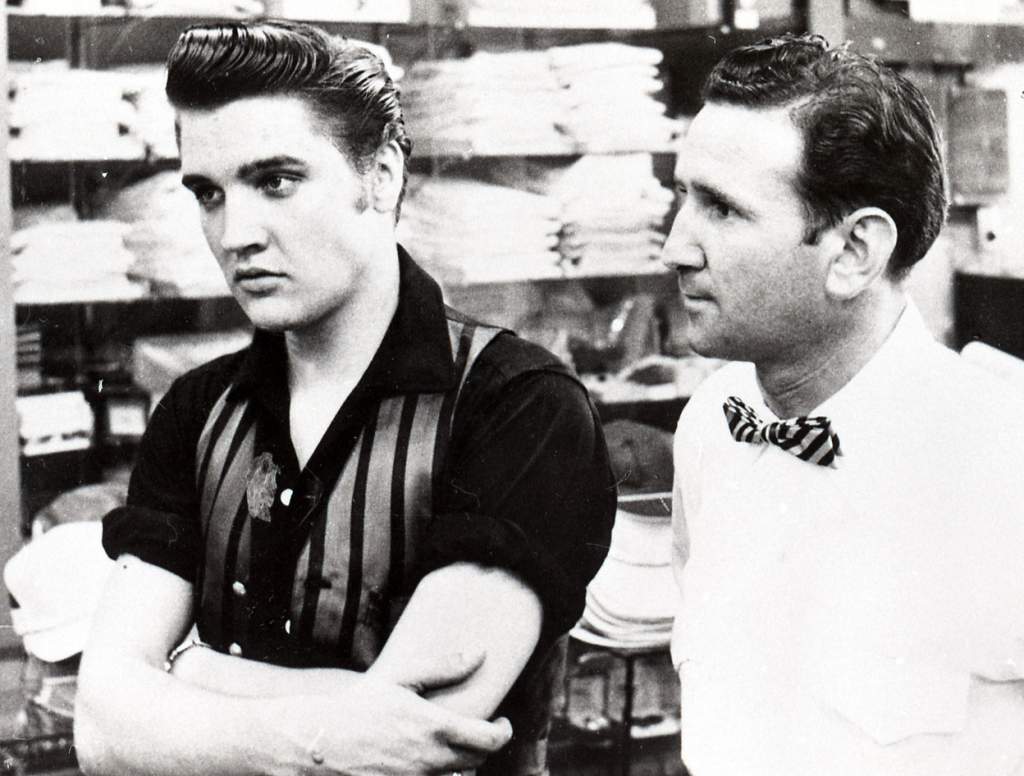
6. It’s Now or Never (1960)
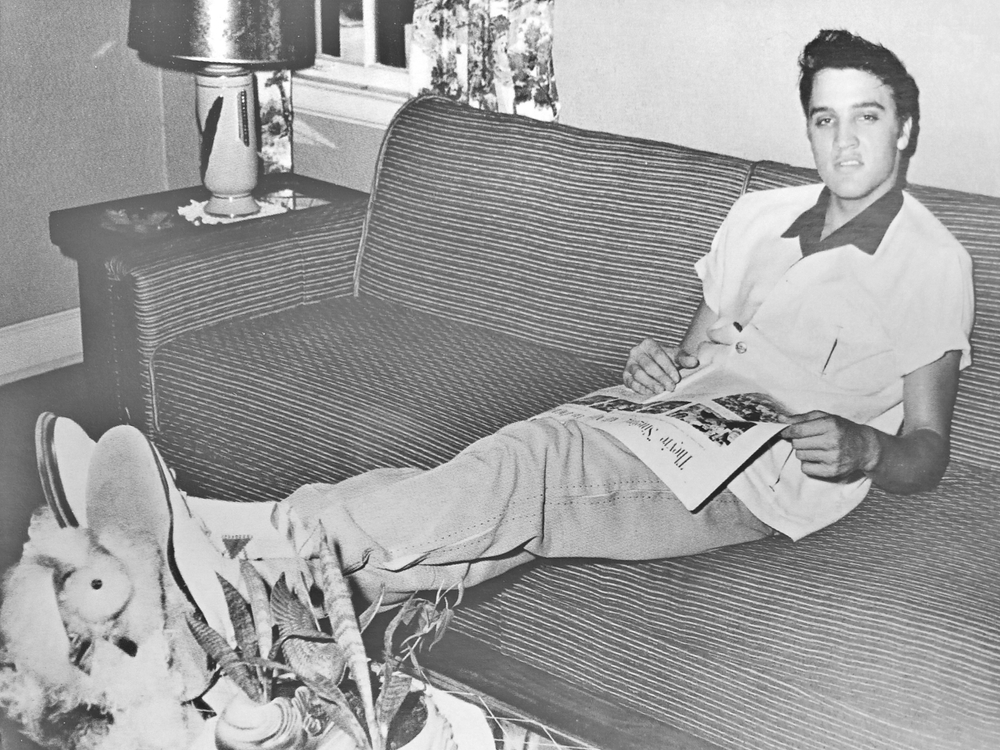
5. Suspicious Minds (1969)
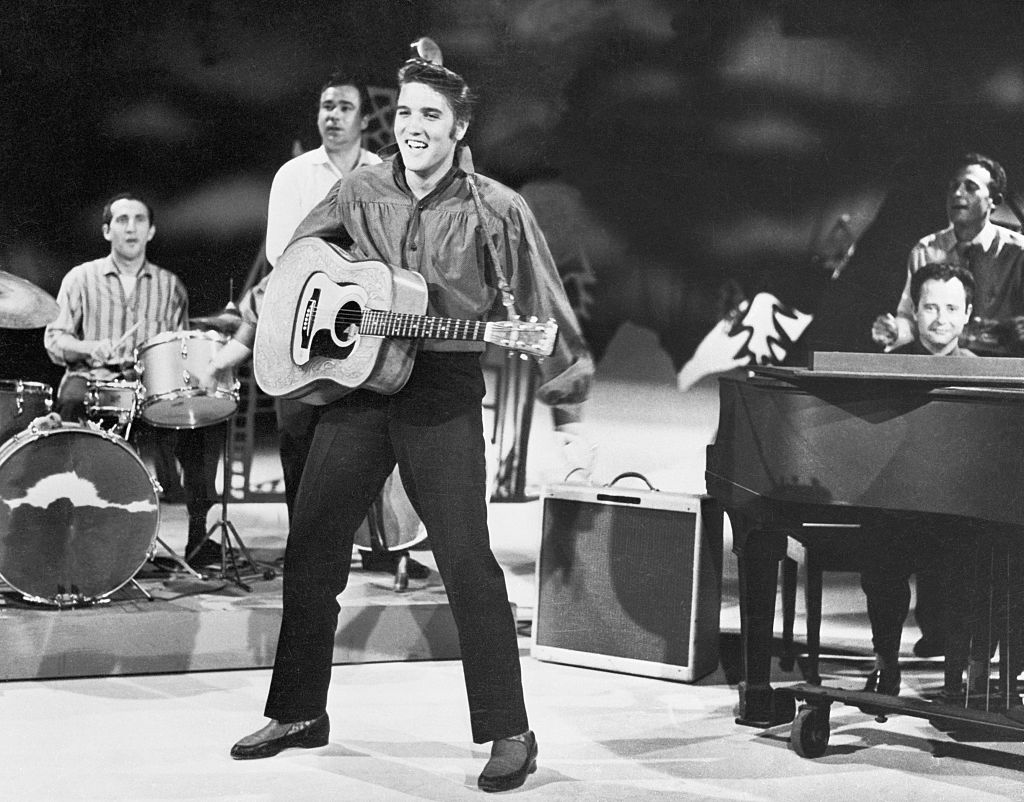
4. Love Me Tender (1956)
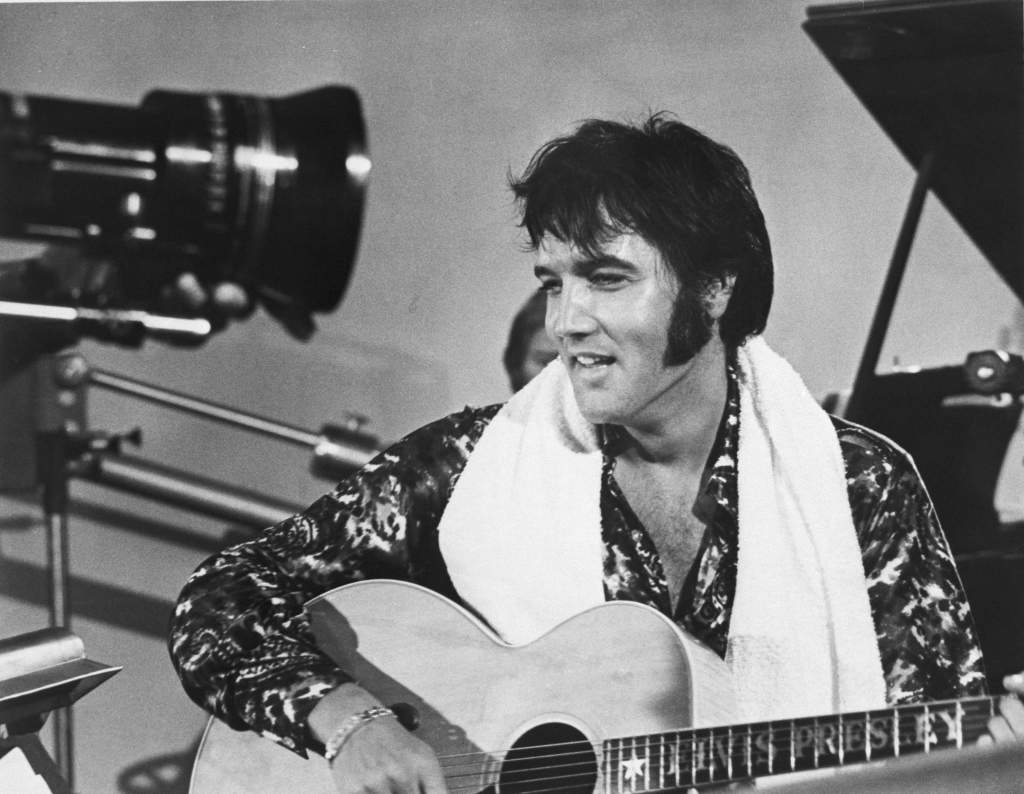
3. Can’t Help Falling in Love (1961)
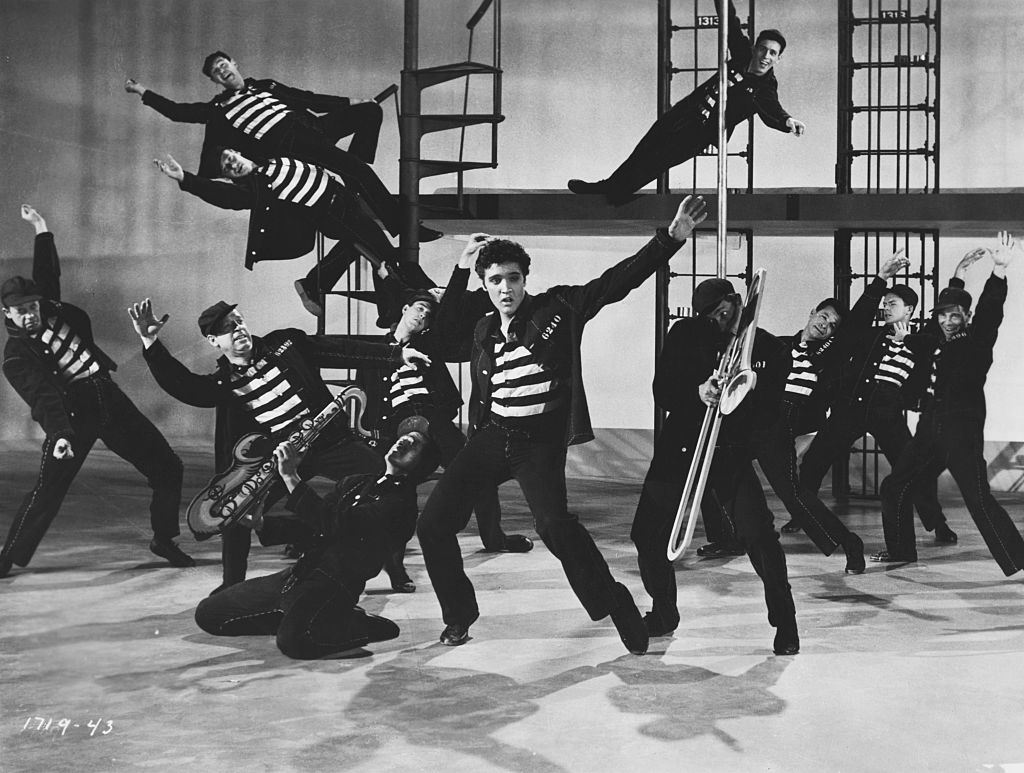
2. Jailhouse Rock (1957)
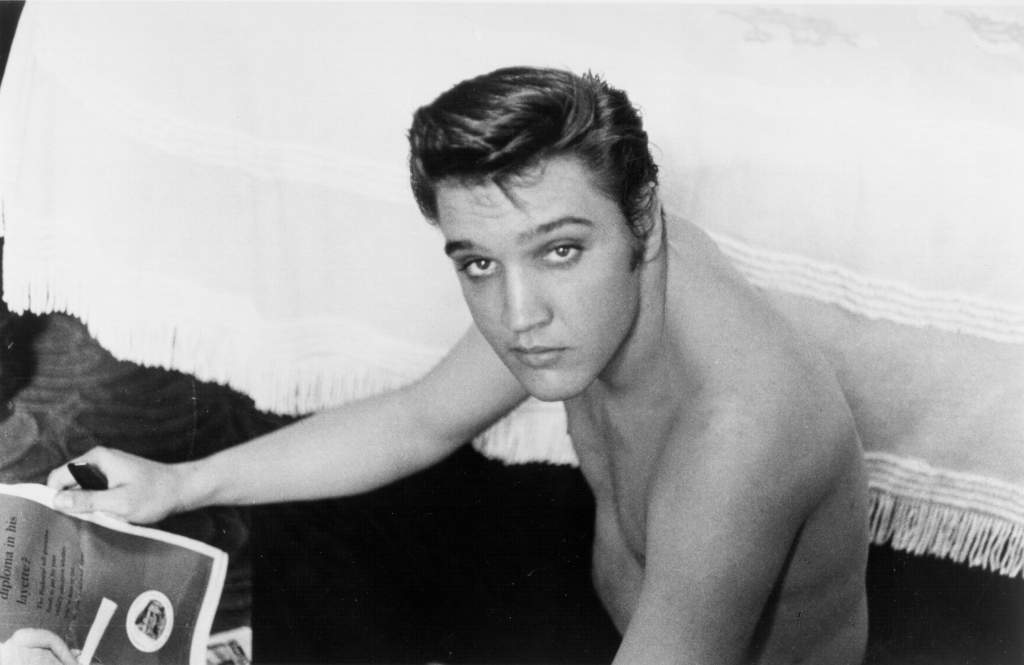
1. Hound Dog (1956)
More for You
I'm abrosexual - it took me 30 years to realise
'10-foot-tall people' discovered by archaeologists in Nevada cave
Top 10 Things Only Adults Notice in The Wizard of Oz
ABC's George Stephanopoulos says 2024 race can't be treated normally after Biden urges press to alter coverage
BBC Antiques Roadshow expert refuses to value Second World War painting due to back story
A Massive U.S. Nuclear Plant Is Finally Complete. It Might Be the Last of Its Kind.
Remembering Fran
Spacecraft spots "spiders" scattered across surface of Mars
Here’s How Much the Definition of Rich Has Changed in Every State
Old-school Nintendo games we'd like to see rebooted
What happens if you don't use airplane mode on your flight? Here's the answer to that, and more common travel questions.
So THAT'S Why Singers Lose Their Accent When They Sing
The seven new types of old age – and how to tell which one you are
17 Phrases Older People Use That No One Else Gets
Neurosurgeon causes stir by suggesting parents stop playing white noise for kids' sleep
John Jacob Astor IV was one of the richest men in the world when he died on the Titanic. Here's a look at his life.
Best Online Computer Science Programs of 2024
NFL News: Patrick Mahomes and Kansas City Chiefs could leave Arrowhead Stadium
I Was Told My Father Was A 'Deadbeat.' After He Died, I Found Out Everything I Knew About Him Was Wrong.
50 of the greatest movie cameos of all time